Hey Bartender
I have a question for you, do spirits (rums, bourbons, whiskies, gin, etc.) improve with age in glass bottles? Is it possible for the spirit’s taste to change over time after being bottled? Or, is it the case that after being taken from the wooden barrels that, that is it, the spirit won’t then change in its taste or won’t improve.
Kind Regards,
Brendan
Hey Brendan
You hit the nail on the head at the end there. Sprits do not age once they’ve been bottled. Sorry to break it to you, but that 12-year old Scotch you’ve been saving for twenty years is not now effectively 32 years old. It shouldn’t really taste any different than it did on the day it was packaged.


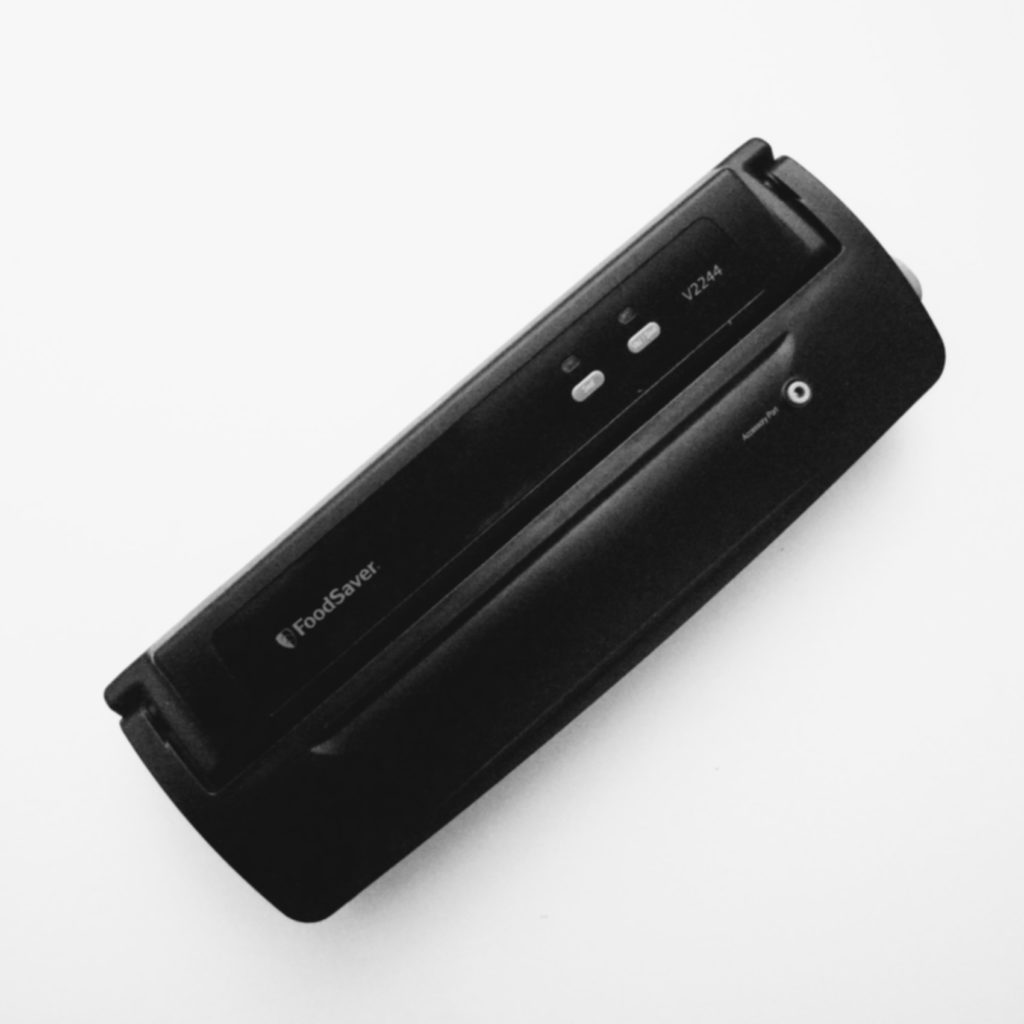
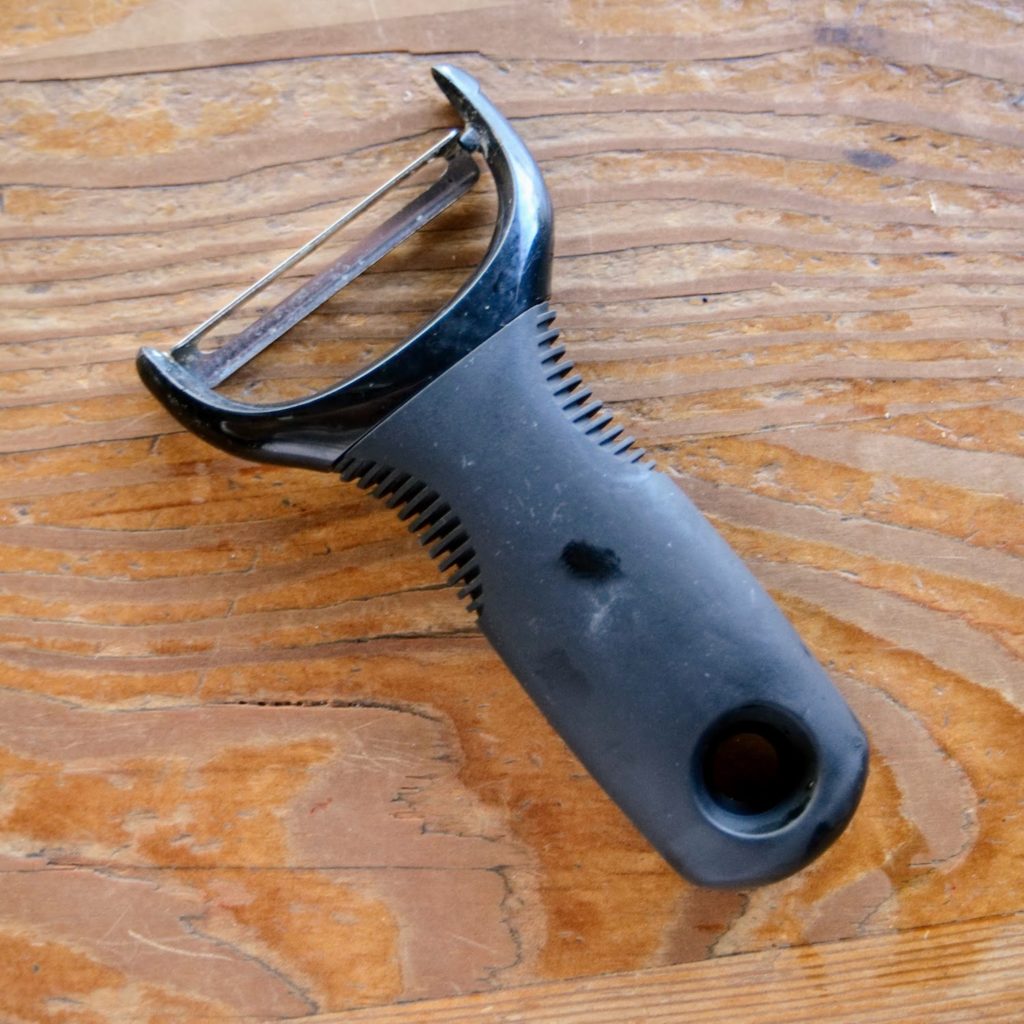
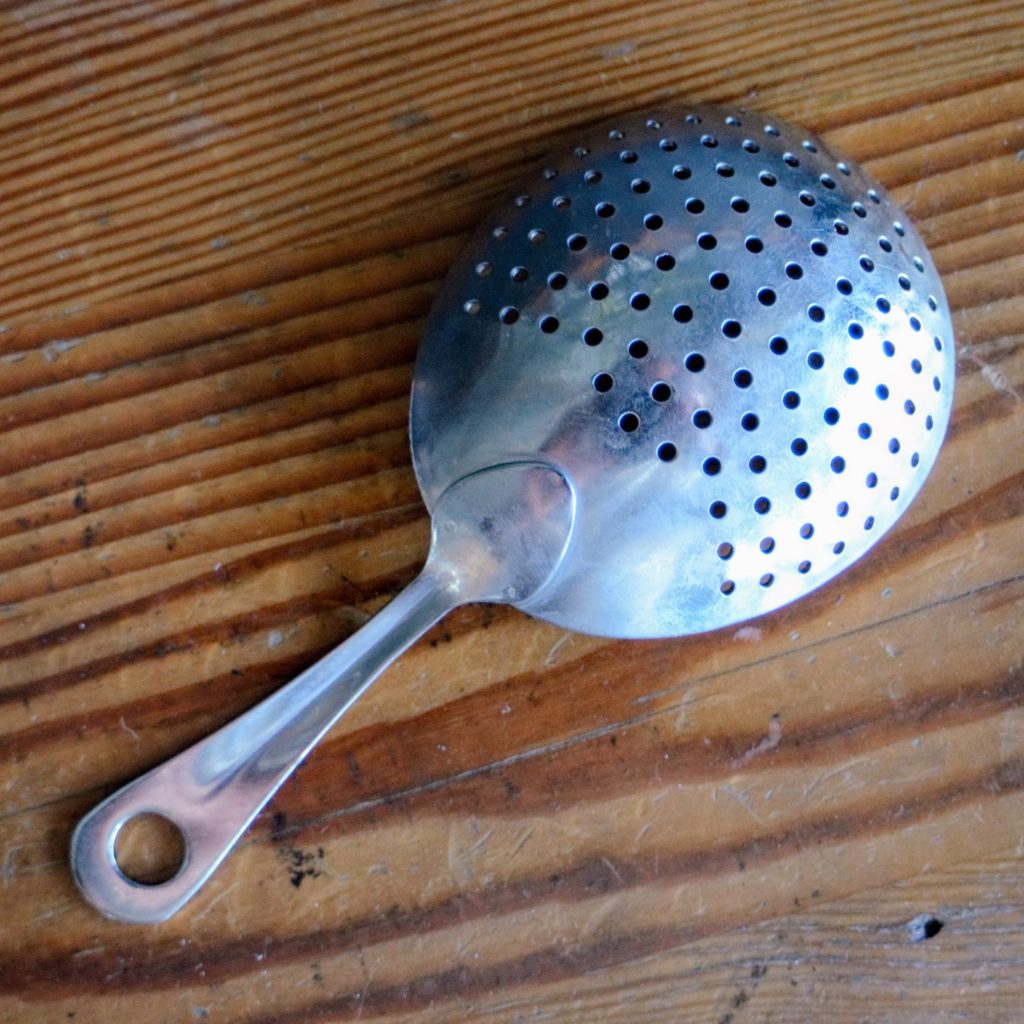
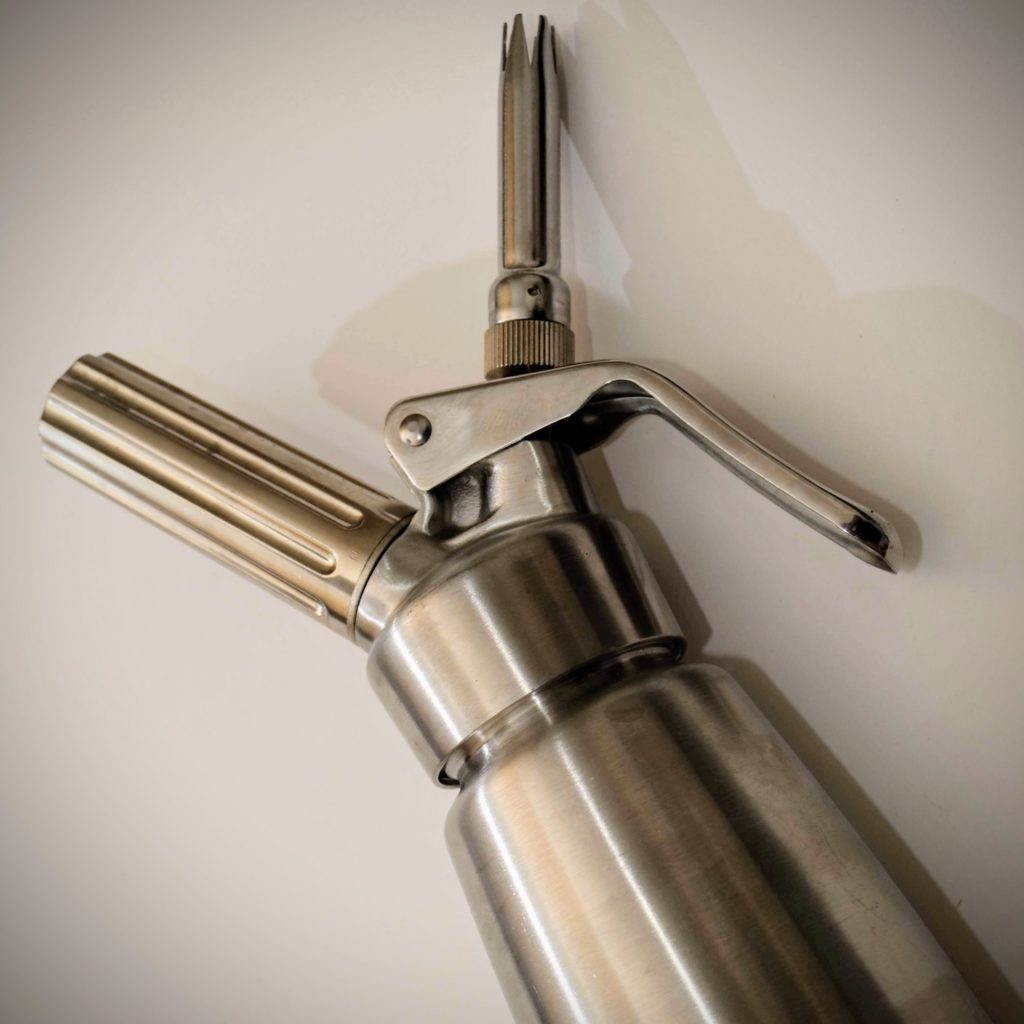
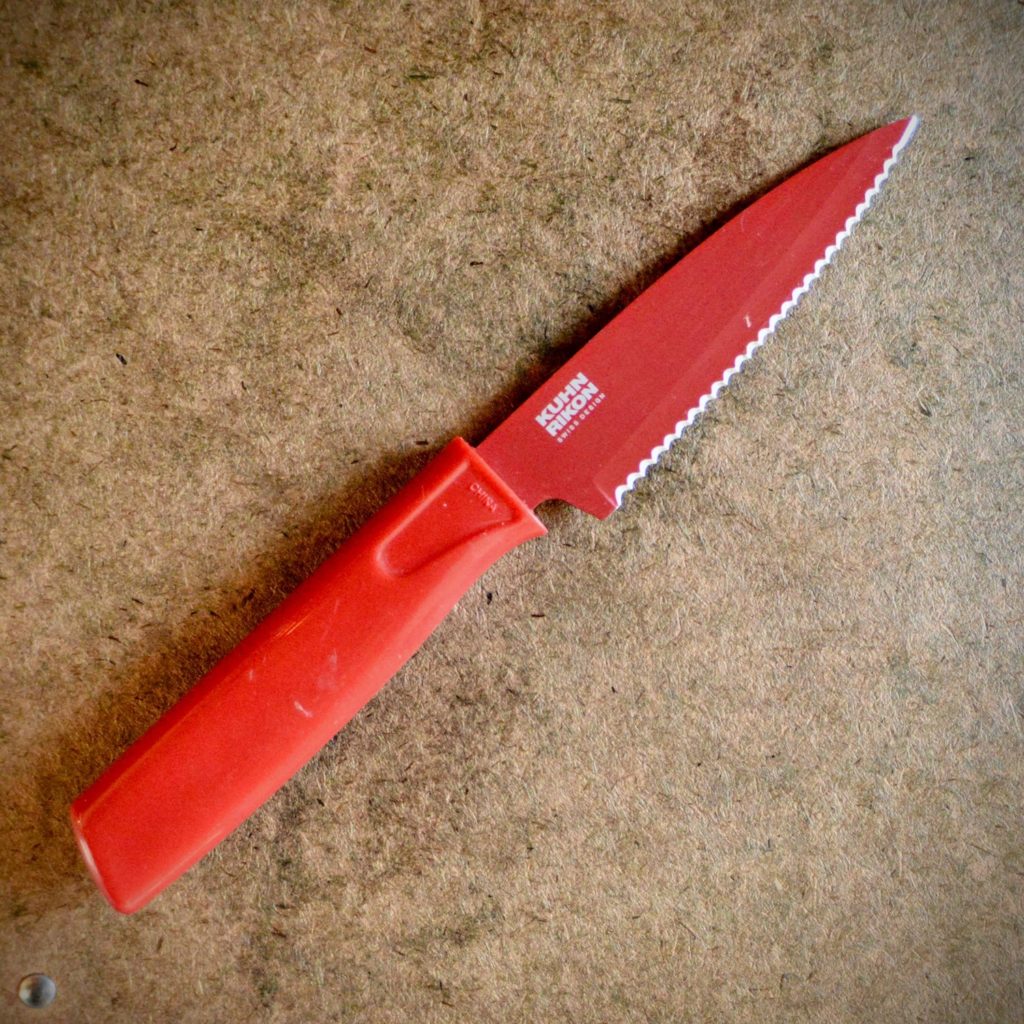
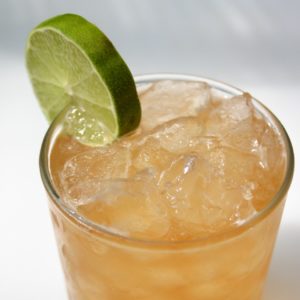
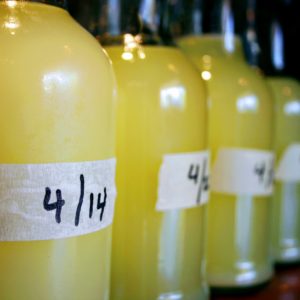
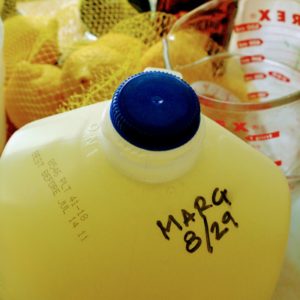

I typically keep Clear Creek pear and plum brandies for a couple of years before opening them. I find that they smooth out and the fruit aromas improve with the additional bottle aging.
Dane
I wouldn’t let fresh juices go for more than a day or two, but simple syrup should last a week or more in the fridge. Try adding a splash of vodka to your simple to ward off mold.
Hey bartender,
What about fresh squeezed juice and simple? I squeezed up a bunch o’ limes and lemons, and made up some simple, but had a bunch left over. How long will it keep in my fridge?
i would think another way of putting this is that liquor doesn’t age WELL in the bottle… it doesn’t improve with age like wine.
theScotchBlog had an interesting article talking about a similar subject: does the alcohol in a bottle vaporize as the level of liquid gets lower and lower (and thus more air is in the bottle enabling more alcohol to “evaporate.”
http://www.thescotchblog.com/2008/03/www–the-weaken.html
nd:
Some gins are indeed aged in oak barrels. Genever or Dutch-style gins are often aged for a year or more, and Seagram’s gin is reportedly aged for a few months.
Jeffrey
This reminds me of something I’ve wondered about: why doesn’t anyone try aging gin for a few years in barrels? Has someone already tried this without telling me?
I’ve actually tasted tequila that oxidized. It was the worst stuff I’ve ever had.
Bottles are also more likely to oxidize if they’ve been opened and then left for a long time. Figure an open bottle has more air in it. Keep in mind I have yet to experience this first hand (as you say, bottles don’t last long enough for me to find out!). Sealed bottles will likely last as long as you’ll ever need.
They definitely don’t age, but (rarely) they may be oxidised or corked; a tasting class with Chivas brand ambassador Darren Hosie brought this to attention. So that Scotch on the shelf for twenty years may in fact be vinegar.
Strange but true – although Mr. Hosie made the comment a bottle of Scotch rarely lasts long enough in his home for that to occur – hear hear!